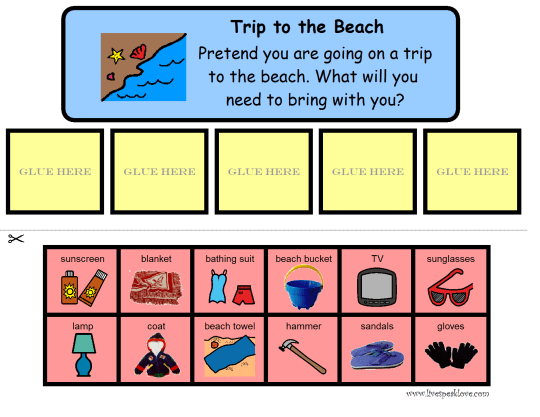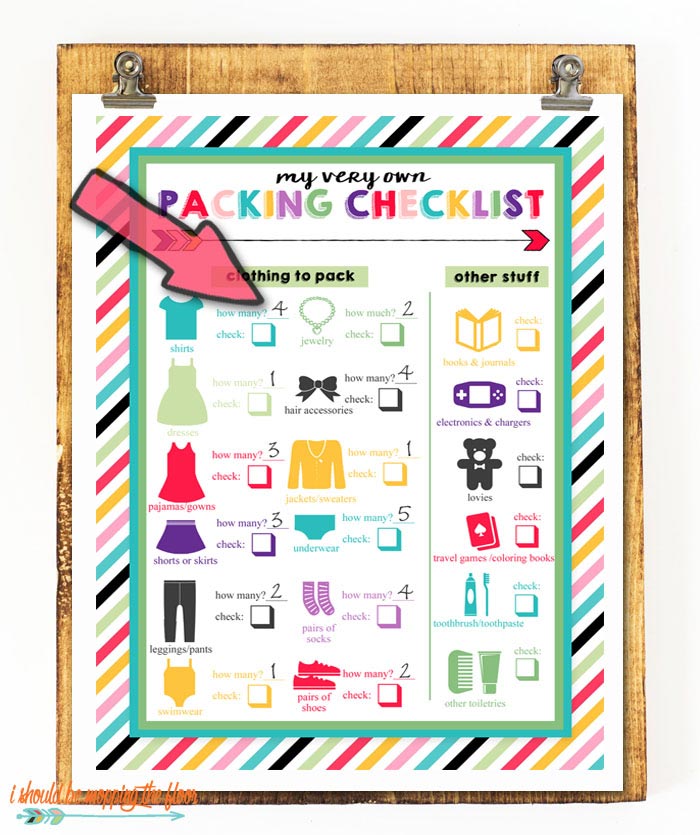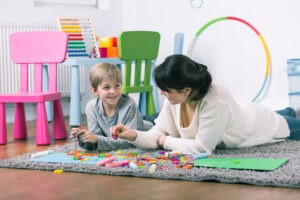The beach, children’s museums, amusement parks, playgrounds, the library…
With summer on the horizon, you’re likely thinking of some ideas for daily outings to take your kids on.
Amidst vacations and summer camps, those family outings can be one of the best parts of summer for many children. Day trips give children a chance to build memories, experience new things, engage in hands-on learning activities, and bond with family members.
And while summertime is exciting and fun for kids, some parents may feel a little concerned about their child’s time away from school and certain services.
Children who receive Speech Therapy through school could be missing out on 10 to 12 weeks of therapy during that time.
Then there’s what’s known as the “summer slide“. It’s the loss of academic knowledge that some kids experience over the summer (up to 2.5 months of learning from the school year!).
But no reason to lose sight of those fun summer feelings! Summer outings can also be a wonderful, naturalistic way for children to develop speech and language skills.
It’s a great season to hopefully spend some extra quality time with your kids. Parents can take advantage of that one-on-one time to boost their child’s communication skills.
Here’s how to improve speech and language skills for children of all ages during fun summer outings!
Gain Background Knowledge to Boost Reading Comprehension
When you have a new life experience, you gain all kinds of knowledge about that activity or situation. According to studies, that type of “background knowledge” is essential for reading comprehension.
Let’s say you’re planning to hit the beach with your kids one day this summer.
When your children have an experience like that, it’ll help them learn concepts like what to bring to the beach, names of ocean animals, and how it smells or feels at the beach. That’s all considered background knowledge.
The next time your child reads a story that takes place at the beach, it could be easier for him or her to comprehend the text. That’s because your child would have background knowledge from their summer day trip.

Research shows that when it comes to reading comprehension, knowing more about a certain topic can help children:
- More easily read the text
- Better understand the story
- Retain the information
Your summer day trips might include hiking in a nearby national park or something as simple as visiting a local library. Any experiences like these will help your child form personal connections to stories they read. Having prior knowledge from experience can also encourage your child to participate in classroom discussions about stories.
Plan, Organize, Improve Executive Function Skills
Why do all the planning for summer outings yourself?
No matter how old your child is, involving him or her in planning a day trip is a great way to improve what’s known as Executive Function skills. It can also be fun for your child to help out!
Executive Function skills are a set of cognitive skills that are important in learning, and include: organization, planning, and problem-solving.
If you’re taking a day trip or local overnight trip, your child can help create a packing list of things they will need. Then, he or she can mark off each item as they pack.

Thinking of taking the kids to an amusement park one day over the break? School-aged children can help plan the trip. Ask your child to come up with a list of things you’ll need to do before, during, and after the amusement park.
For example, before going, you’ll need to purchase tickets, pack bags with items like sunscreen and snacks, and fill up the car with gas.
Younger children can help with individual tasks. For example, looking at an item on the list, finding it, and packing it in a bag. Preschool-age children can also work on problem solving and reasoning skills – like repositioning items in a cooler if they don’t fit correctly.
Vocabulary Development
Camping, baseball games, science museums – they’re all bursting with new vocabulary words for your child to learn!
The importance of vocabulary development cannot be overstated. According to experts, a child’s vocabulary:
- Has a direct link to his or her overall academic achievement
- In Kindergarten can predict his or her ability to learn to read
- Helps the child think and learn about the world
- Gives the child access to more information
Here are some tips for teaching vocabulary while enjoying summer outings with your child:
- Watch for what interests your child. Take note of what your younger child points to or things that your older child might ask questions about during the activity. Then explain the names of words or how things work (for example, what a “dugout” is or how many “innings” in a baseball game).
- Increase your child’s exposure to the word. When a child hears a word several times, it helps him or her understand it and eventually incorporate it into their own vocabulary. Mention certain vocabulary words before, during, and after an experience. For example, on the car ride back after a camping trip, you could say something like, “remember when we saw the raccoon – that animal with the striped tail?”.
- Help your child understand new vocabulary. Show your child what a new word means by using gestures or pointing/showing them a representation of it. You can also use simple, familiar language to explain the meaning. For example, “those gems at the museum were unique – really different and special!”.
Summer Services That Can Help
Delays in speech and language skills can lead to decreased academic performance. If you have concerns with your child’s speech and language development, consider seeking help over the summer, starting with an evaluation by a Speech-Language Pathologist.
Sensory processing difficulties and fine motor delays can also interfere with learning. An evaluation and therapy with a certified Occupational Therapist can improve your child’s skills in these areas.
TherapyWorks offers Speech Therapy, Occupational and Physical Therapy both in person and through teletherapy (nationwide). If you would like to learn more, or discuss your child’s specific needs, please don’t hesitate to reach out to TherapyWorks!








